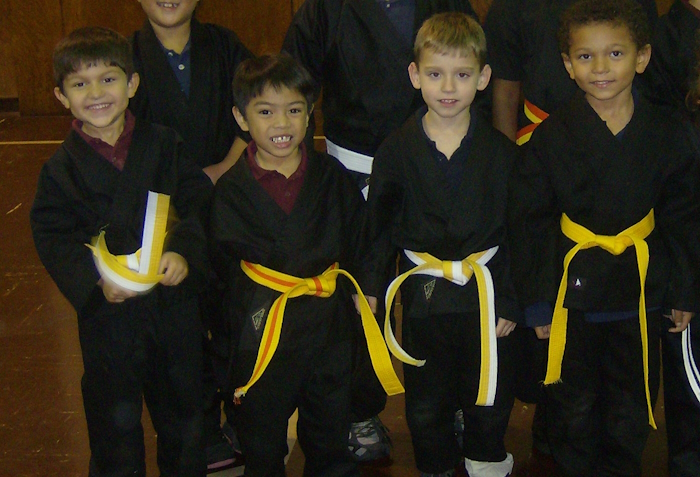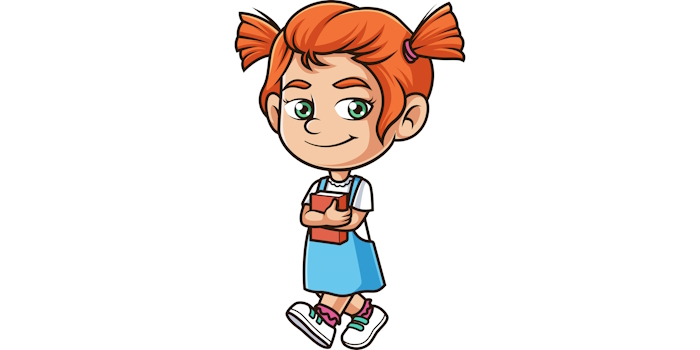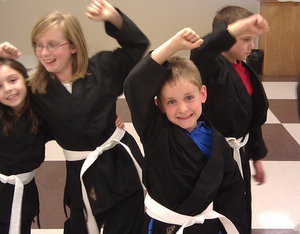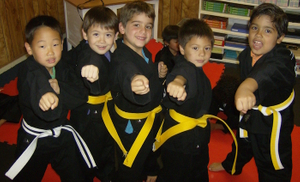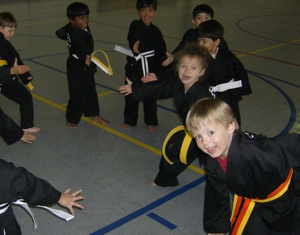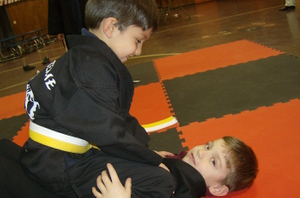Some of the foundational ways we can help our children learn throughout their education is to help them eat healthy and aid their natural development. Can children's Karate training increase a 6 year old's health and brain function or is this too far reaching for such an activity?
Karate training does increase overall health and brain function according to governmental agencies and leading healthcare institutions. More so than other sports, Karate classes for kids helps 6 year olds reach milestones, improve mental health, and increase cognition.
Since these claims could be seen by some as a bit extreme, I will spend some time here showing evidence from government, university, and healthcare agencies. First we will look at the developmental improvements Karate can play a crucial part in, and in the next section I will address specific mental and cognitive advantages.
For 6 year old children, there are fairly agreed upon milestones for growth and development. Kaiser Permanente is a leader in the healthcare field. On their website they have listed some of the major benchmarks that parents, coaches, and educators should keep in mind when evaluating these growing kids.
- Can count to and understand the concept of 10.
- In my Karate Kidz classes in Knoxville, I not only help them count on many occasions each week, but I teach them to do it in many languages. The grouping of kids, objects etc. are also a part of many classes.
- Begin to understand the concept of 'cause and effect'.
- This is essential to Karate training that includes Judo and Kali. Force multiplication, simple physics, and manipulation of weight directly addresses 'cause and effect'.
- Begins to grasp the concept of time.
- Training in and out of the dojo is normally governed by specific amounts of time. Karate classes for children are usually centered around 5 minute segments for technique and drills. At home practice is usually governed by set amounts of time as well.
- 6 year olds start looking to other children and teachers for entertainment rather than only parents.
- Though 'Karate friends' are a major part of training and instructors can become mentors, I always point them back to parents and ensure the family unit is still primary. Helping kids explore other relationships is important, but keeping them grounded with strong family ties is essential.
- Enjoys being the 'big kid' helper and learns important character lessons from aiding others.
- In a children's Karate class setting, higher belts helping lower belts and 'big kids' helping younger ones is an essential part of learning. Extreme age differences in most class times is discouraged, but many ages are grouped together for this very reason. Teaching and helping is many times the best way to learn.
- Empathy is at its beginning stage with 6 year olds and should be encouraged.
- At my Karate dojo in Knoxville, I continually model and teach caring for others on and off the mats. Children are encouraged to take care of the training partners, friends at school, and parents at home. Thinking of how others feel about actions they take is at the center of ethical Karate instruction.
- Can run, jump, skip, and is developing fairly good balance.
- All of these are extensively trained along with many other skills and abilities in a well run martial arts studio focused on children.
- Most of my students put on their own uniforms (Karate/Judo gi). Yet at age 6, I will normally help them with tying their belts.
As you can see, 6 year old milestones are something that a good children's Karate program will not only be able to help with, but can aid children in surpassing with ease.

